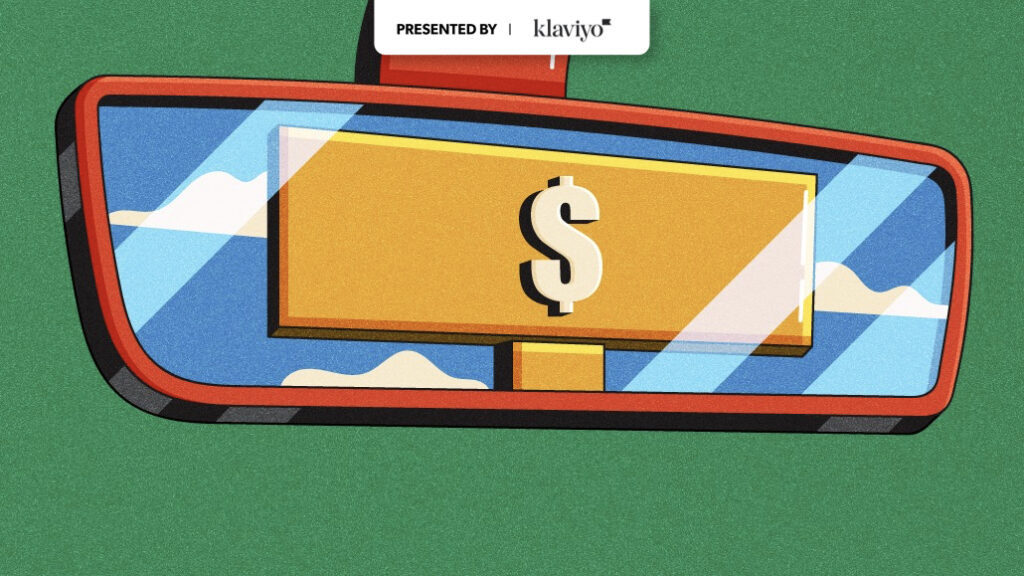According to News/Media Alliance president and CEO Danielle Coffey, a deal reached earlier this month between Google and the Canadian government on behalf of the news sector has given comparable legislative efforts in the U.S. further impetus.
Google pledged in December to continue providing connections to Canadian news outlet pages in exchange for the Canadian news media receiving an annual payment of C$100 million ($75 million), adjusted for inflation.
According to Coffey on the Local Market Trends podcast, the U.S. news industry should anticipate obtaining a comparable remuneration model from the search engine using the partnership as precedent, possibly as early as next year. In the United States, on the other hand, the entire disbursement can reach billions of dollars.
READ MORE: Google Will Settle The App Store Lawsuit By Paying Consumers And The United States $700 Million
“Billions, for sure,” Coffey stated in the show. “Considering the U.S. economy and market share, even with the lowest numbers that we’ve seen globally, it’s unquestionably a B.” Additionally, we think that B ought to be plural.

For the American news media, which had one of its worst commercial years in decades in 2023, a payout of that kind would be a huge development. Publishers throughout the sector faced several waves of layoffs and closures due to chronic inflation, fears of a recession, and ongoing changes in marketing expenditures.
Similar compensation schemes have been put out by the domestic news industry in the past, contending that websites like as Google and Meta ought to cover the cost of distributing publishers’ material in the same manner that cable companies do for carrying broadcasters’ content through retransmission fees.
Despite being smaller than the news media, the television sector brought in $14.5 billion in 2022 just from carriage and retransmission fees, according to S&P Global Market Intelligence.
READ MORE: Google Is Introducing Programmatic Bidding For Limited Ads
“We encourage policymakers to take into account strategies that promote free market cooperation and the creation of mutually advantageous business models that can sustain the ecosystem over time, while also honoring the open web and the freedom of expression it permits,” a Google spokesperson stated in a statement.
California’s compensation law has similarities
According to Coffey, a bill that has been introduced in California provides the closest parallel to the news media compensation rules that have been passed in other nations.
Similar requirements have been put forth by the California Journalism Preservation Act, which requires tech companies with a market capitalization of at least $550 billion and more than 50 million monthly users to compensate news publishers for the information they surface.

The issue, which was supposed to be discussed this year, has been moved until the 2024 congressional session, partly because of Google’s lobbying efforts.
The Los Angeles Times reports that the internet behemoth spent $1.5 million on Californian advertisements between January and September in an effort to deter support for the bill. The amount is a significant rise over the $257,000 year it averaged between 2005 and 2022 for these endeavors.
Google recognized the increase in spending and attributed it to a rise in interest in the problem.
According to the law, the CJPA would mandate that the tech platforms track and document the total number of times they link to, show, or provide reporting from a publisher on a quarterly basis.
The platform would pay the publisher a monthly percentage of its advertising revenue based on that figure. An arbitration procedure would be used to decide the precise sum of money that would be given to each publication.
One important clause would mandate that publishers provide journalists 70% of their allocation. In Canada, funding is distributed based on how many journalists a publisher employs full-time.
“This is revolutionary,” Coffey declared. “This won’t be a little charge.”
Australian and Canadian precedents
The Canadian government’s June adoption of the Online News Act, which mandates that digital platforms with 20 million monthly users and $1 billion in annual sales pay news publishers for sharing links to their pages, is what led to the Google compromise. On December 19, the ONA went into force.
Only Google and Meta were eligible in Canada. Instead of making an accommodation or complying, Meta has taken news content down from its Canadian outlets. For a first offense, the company may be penalized C$10 million, and for further offenses, it may be fined C$50 million.

This step comes after Australia’s News Media Bargaining Code, a similar piece of law, was adopted in 2021. Facebook and Google have given news publishers A$200 million since the Code went into force.
Journalism scholar Monica Attard told the Columbia Journalism Review that the country’s job market has changed as a result of the cash infusion. Sydney-based teacher Attard said she hasn’t been able to convince pupils to pursue internships because full-time employment are so readily available to them.
Attard declared, “I swear to God, I have not seen it like this in 20 years.”
Radiant and America Nu, offering to elevate your entertainment game! Movies, TV series, exclusive interviews, music, and more—download now on various devices, including iPhones, Androids, smart TVs, Apple TV, Fire Stick, and more.



